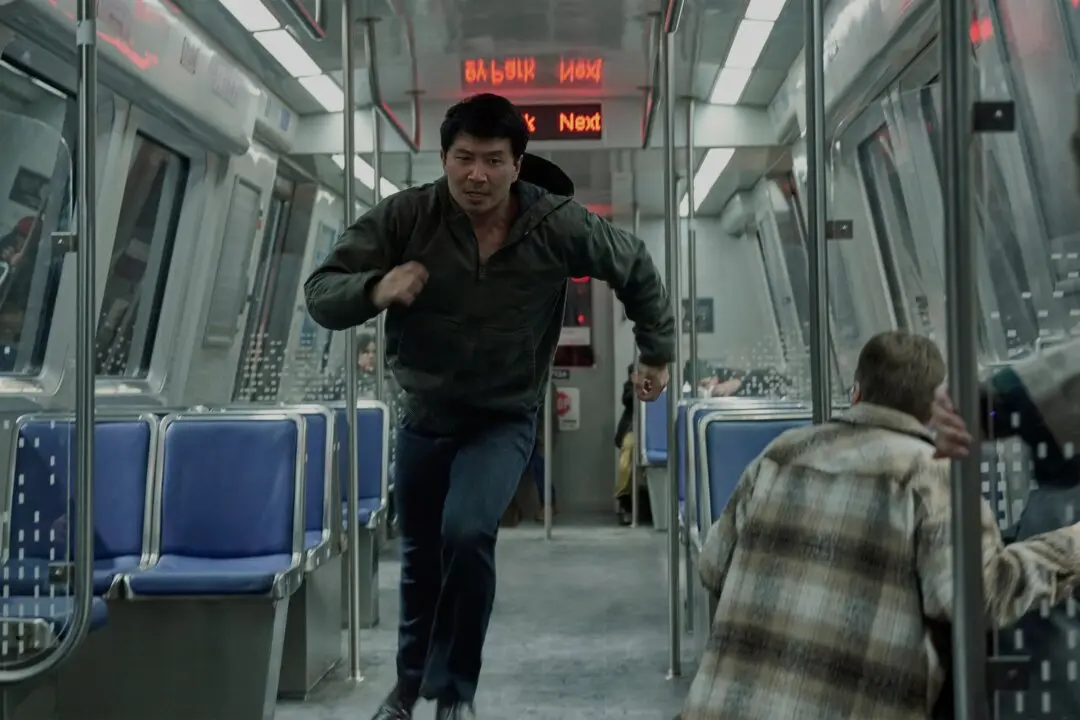+15 | 6 episodes | spy thriller | Aug. 18, 2022
This cyber-attack is like a Russian nesting doll. There is a more dangerous second salvo hidden inside the original code and third even more devastating cyber-worm hiding inside of that. Unfortunately, the only person looking for it is an intern doing a work-study at the Government Communications Headquarters (GCHQ), the UK’s equivalent of our National Security Agency (NSA, which evolved from the celebrated Bletchley Park code-breaking office.) This is in writer-creator Peter Kosminsky’s six episode “The Undeclared War,” premiering on Peacock.




